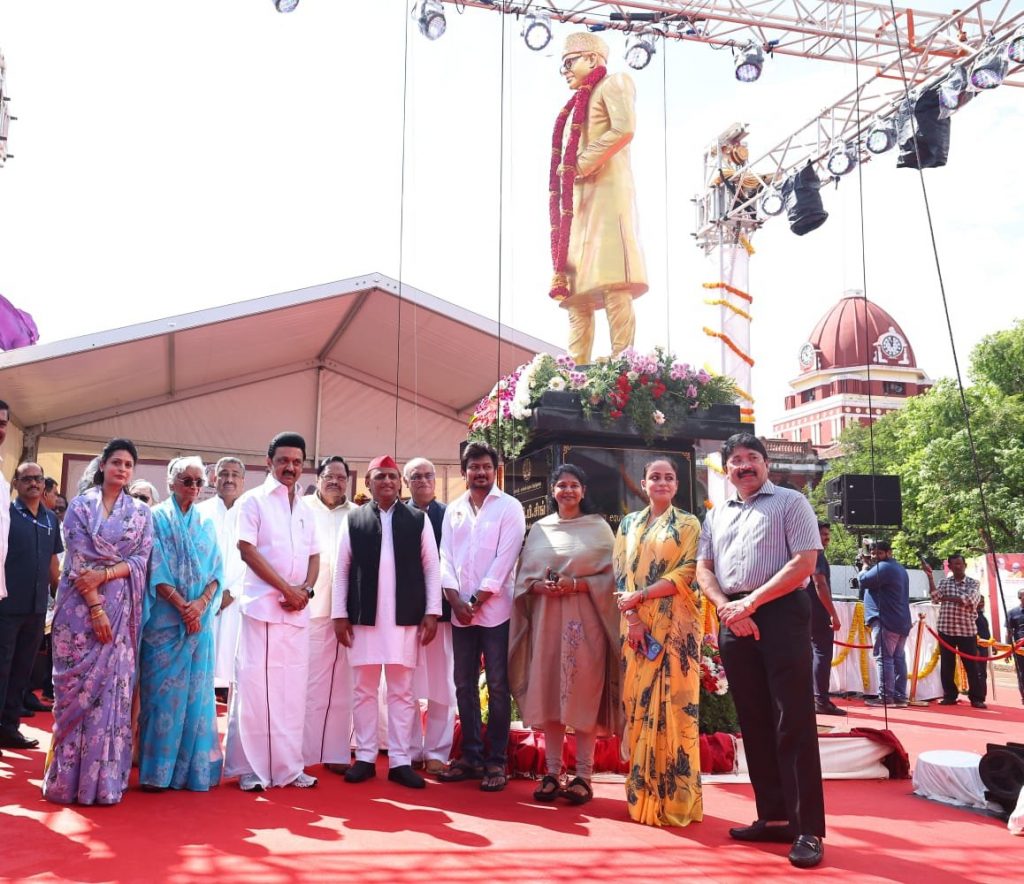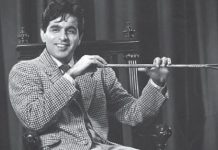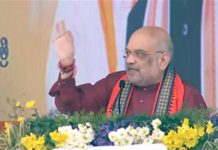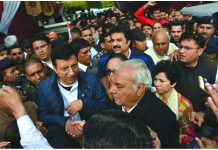
Amid opposition’s push for caste census, Tamil Nadu CM M.K. Stalin recently got a statue of former PM and Mandal messiah VP Singh installed in Chennai. Pawan Kumar Bansal takes a deep dive into political compulsions behind VP Singh’s decision to implement the Mandal report.
Did V.P. Singh implement the Mandal Commission report out of his genuine concern for the OBCs or was it out of fear of dismissed Deputy Prime Minister Devi Lal’s proposed Delhi rally? V.P. Singh’s name popped up again when Tamil Nadu CM, M.K. Stalin recently inaugurated his statue in the presence of Samajwadi Party chief Akhilesh Yadav in Chennai. V.P. Singh, known as a messiah of the OBCs, is credited with changing the face of Indian politics by unleashing forces that led to the irreversible rise of OBCs, which is an important factor that may even influence the 2024 elections.
Although the caste census issue didn’t pay any benefits to Congress party in just concluded assembly polls, still INDIA alliance is banking on caste census to take on the mighty BJP in the upcoming elections.
But the million dollar question is what made V.P. Singh to take the call on Mandal?
It is believed that V.P. Singh was worried over the proposed rally as he feared that lakhs would lay siege to Delhi. The scene now shifted to the PM house in Delhi where V.P. Singh was discussing the likely fallout of the rally. The Director, IB, arrived and he opined that if the Haryana Government headed by Master Hukam Singh, a protege of Devi Lal, was dismissed, very few people from Haryana would come to Delhi to attend the rally
But V.P Singh, who had seen the popularity and support of Devi Lal during his nationwide campaign against Rajiv Gandhi, could not dare to take this drastic step. In the meantime, Ram Vilas Paswan, Lalu Prasad Yadav and Sharad Yadav, taking advantage of the weak position of V.P. Singh advised him to implement the Mandal Commission report to cut into Devi Lal’s support base. Besides, this will project him as the messiah of OBCs. Rest, as they say, is history. The Mandal Commission report was implemented in haste leading to agitation in northern India particularly in Haryana.
Ran Singh Maan, Political Advisor of Devi Lal, recalls one interesting incident which proved beyond doubt the clout of Devi Lal in those times. “A meeting of anti-Congress parties was to be held at Suraj Kund, bordering Delhi. Devi Lal headed for a meeting and asked me to accompany him in his car from Delhi to SurajKund,” said Mann
“Both V.P. Singh and Chandra Shekhar also accompanied Devi Lal, who asked me to sit with him in the back seat as he had to discuss some issues with me. So, both V.P. Singh and Chandra Shekhar had no option but to sit in the front seat of the car with a driver and a gunman, albeit quite uncomfortably. After a few minutes, Devi Lal dozed off. When we reached near India Gate, Devi Lal invited Chandra Shekhar to sit in the rear seat. Perhaps, Devi Lal had shown both V.P. Singh and Chandra Shekhar their worth. When I enquired that nothing was discussed, Devi Lal told me that, “they were claimants for the PM post and I wanted to show them their worth,” added Mann while narrating the incident.
It may be mentioned that Devi Lal had projected V.P. Singh as the next PM. At that time, Devi Lal used to praise him in public meetings “Raja nahin, fakir hai, Desh ki takdeer hai ”. But after the large-scale violence in the Meham assembly by-election from where his son and the then CM of Haryana, Om Parkash Chautala, had faced independent candidate Anand Singh Dangi, supported by historic Meham Chaubisi Panchayat, his relations got strained.
Under pressure from the High Command, Om Parkash Chautala had to resign and Hukam Singh was chosen as his successor. Due to his anti-V.P. Singh utterances, Devi Lal was dismissed from the post of the Deputy Prime Minister. Devi Lal announced a big rally of his supporters at Delhi which frightened V.P. Singh and his political compulsions forced him to implement the Mandal Commission report which had been lying in limbo.











